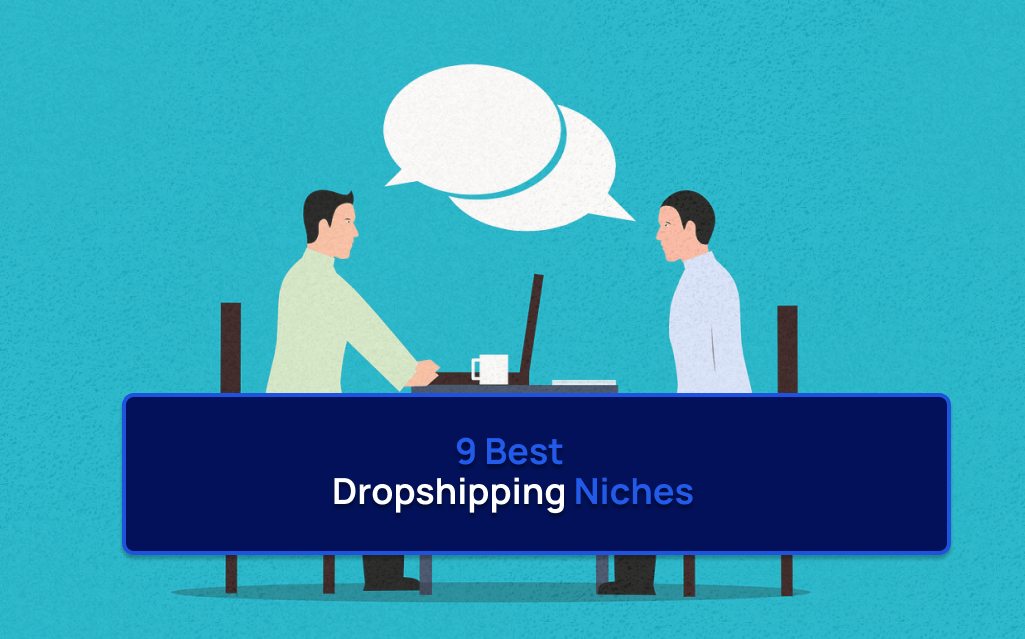Recently, Amazon Japan was ordered by the Tokyo District Court to pay a fine of 35 million yen (approximately 244,000 USD) and compensate the brand Excel Plan for its losses due to failure in effectively addressing counterfeit sales on its platform. This incident has raised widespread concern in the industry about the issue of counterfeit goods and serves as a wake-up call for sellers involved in dropshipping (cross-border e-commerce).
Counterfeit Crisis: The Hidden Threat in the Supply Chain
In this case, Excel Plan discovered counterfeit pulse oximeters on the Amazon Japan platform. These inferior products were sold at prices significantly lower than the genuine ones, severely affecting the brand’s market performance. Worse still, after receiving complaints, Amazon not only failed to take down the counterfeit goods promptly but also mistakenly removed the genuine products, causing Excel Plan to suffer heavy losses in just two months—from an initial sales figure of about 100 million yen to a dramatic drop to only around 610,000 yen.
This incident serves as a reminder that counterfeit goods not only affect consumers’ purchasing experience but can also seriously harm the interests of brand owners and potentially expose platforms to legal risks. In dropshipping, sellers typically rely on third-party suppliers, making supply chain management crucial. The issue of counterfeit goods, especially in cross-border e-commerce, is not just a quality concern; it also involves multiple risks, including compliance and brand reputation.
How to Avoid Counterfeit Issues in Dropshipping?
Choose Reliable Suppliers
When selecting a dropshipping supplier, it is essential to choose one with a good reputation and legitimate qualifications. You can ensure the legality and quality of their products by reviewing certifications, past reviews, and product quality reports. This not only helps avoid counterfeit issues but also reduces return rates and customer complaints.
Check Supplier Certifications
First, ensure that the supplier has the relevant industry certifications. For example, in fields like medical devices, cosmetics, and food, products need to undergo quality testing and certification. You can request the supplier to provide certification for their products, such as CE certification (for the European market), FDA certification (for the U.S. market), and others. These certifications guarantee the legitimacy of the products and help prevent counterfeit goods from entering the market.
Review the Supplier’s Past Reviews
By evaluating the supplier’s historical performance, you can gain insights into their reputation and product quality. Most B2B platforms (such as AliExpress, 1688, etc.) have a buyer review system, where you can check the feedback from other sellers about the supplier. Focus on the following aspects:
- Timeliness of delivery
- Product quality
- Customer service
- Handling of returns and disputes
Good reviews are a crucial basis for selecting a reliable supplier.
Request Product Quality Reports
Legitimate suppliers usually have product quality inspection reports, especially when dealing with high-value items or products in specialized industries. For example, if you are selling electronics or medical devices, your supplier should be able to provide quality inspection reports issued by third-party testing agencies. These reports verify that the products meet relevant standards, helping you avoid counterfeit complaints and refund disputes caused by quality issues.
Strictly Control Product Sources
Make sure your suppliers have a clear and traceable product source, and verify whether they have authorized channels to sell genuine products. For branded items especially, avoid working with unknown or low-reputation suppliers, as they may deal in refurbished, counterfeit, or unauthorized goods.
Maintain Active Communication with the Platform
If you identify problematic products, communicate with the platform immediately and take proactive measures. In cases of counterfeit issues, platforms may not automatically remove all suspicious listings, especially when product information is incomplete. Actively following up on complaints and inspecting products can significantly reduce potential risks.
Ensure Clear Return and Compensation Policies
Make sure your store has a comprehensive after-sales policy, especially regarding returns for counterfeit or damaged products. A clear policy not only effectively protects consumer rights but also helps reduce disputes caused by product issues.
Monitor Market Feedback
Regularly monitoring customer reviews and feedback is a crucial step to shield your dropshipping business from counterfeit problems. Pay extra attention to products labeled as “best-sellers” or offered at unusually low prices — these items are often prime targets for counterfeiters.
How to Effectively Monitor Market Feedback?
Regularly Check Customer Reviews
Customer reviews are a key way to assess product quality. Pay special attention to best-selling or low-priced products and check if there are complaints related to counterfeit goods or quality issues. If similar problems appear frequently, it should raise a serious red flag.
Pay Attention to Abnormal Complaints
If the number of complaints for a particular product suddenly increases, especially those related to counterfeit goods, it may indicate potential quality problems. Investigate these complaints promptly to confirm whether counterfeit issues exist.
Monitor the Performance of “Best-Selling” Products
“Best-selling” products tend to get higher exposure, but they also easily attract counterfeiters. By closely monitoring the reviews and feedback of these products, you can quickly spot any non-compliant goods that may have slipped in.
Respond Quickly to Feedback
As soon as you receive a counterfeit-related complaint, immediately contact your supplier to verify the product’s source. If necessary, take actions such as removing the product or accepting returns to prevent the issue from affecting more customers and damaging your store’s reputation.
By effectively monitoring market feedback, you can promptly detect potential counterfeit problems and take corrective measures to ensure that your dropshipping business remains protected against the risks of counterfeit goods.
Lessons from the Amazon Japan Case
In its ruling, the court pointed out that Amazon failed to take effective measures to prevent counterfeit products from entering the market, and even after receiving complaints, did not promptly remove problematic listings. This judgment sets a higher standard for e-commerce platforms: not only must they establish a comprehensive product authentication system, but they must also rigorously verify the source and quality of the products they offer.
For us, as sellers operating on various platforms through dropshipping, this case serves as a clear warning: while pursuing profits, we must place greater emphasis on compliance and brand protection. Counterfeits are not just a legal risk — they represent a betrayal of customer trust. Against this backdrop, building a strong supply chain management system, selecting high-quality suppliers, and addressing counterfeit issues promptly are essential steps to ensure sustainable business growth.
Summary
The penalty imposed on Amazon Japan over counterfeit issues serves as a serious wake-up call for the cross-border e-commerce industry. As dropshipping sellers, we must learn from this incident: ensuring product quality and legitimacy is not just a responsibility to consumers, but also an investment in the future of our own brand.
Operating in compliance with regulations not only helps avoid legal risks but also strengthens brand image and builds greater market competitiveness.



 7 min read
7 min read











